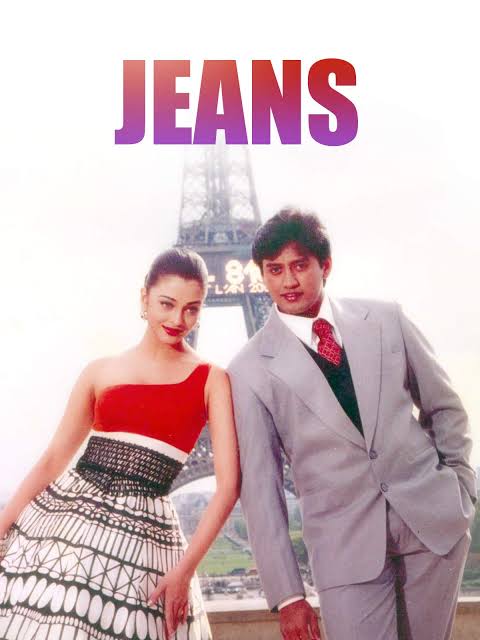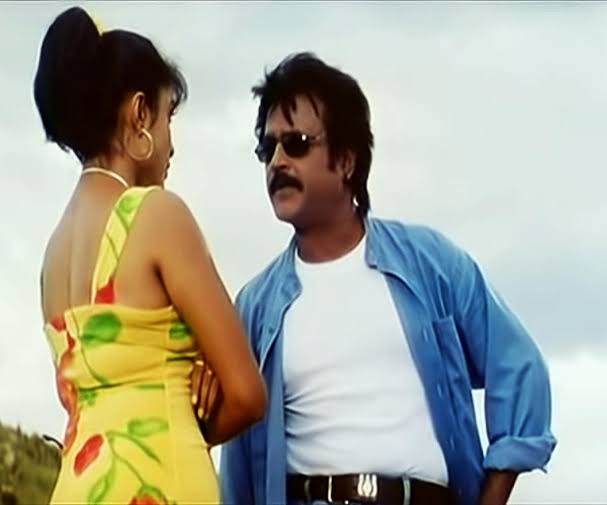Recently, I happened to watch some of the movies I was exposed to while growing up, in an attempt to experience some nostalgia of the simpler times those movies depicted. Leaving the nostalgia aside, the renewed perception today that I have on many of those movies left a bad taste in my mouth.
One of the most well received directors of my growing up days was Visu and many of his movies, like Dowry kalyanam, Manal kayiru and even the seemingly progressive ones, like Samsaram Adhu Minsaram, has a common thread. That to get a woman married and shipped off her parents home should be the biggest goal for her family. The messages that many of these movies send out are loud and clear, (and quite disturbing too). That it’s okay to indulge in lies, tolerate disrespect, and even put the woman’s wishes in the backburner to get her married and off her birth home. If a woman isn’t married “in time”, she is portrayed as a burden for her parents. Seriously?

In those movies, marital violence was tolerated, marriages were portrayed as an end all to all the responsibilities for the woman’s parents, and women were more harshly judged than any of the men in there for the choices they make in their lives. I wonder how we as kids enjoyed watching such movies with our elders and how come none of the elders even batted an eyelid at any of such atrocities?
Fast forward to late 90s, then came the movie, Jeans which had a lot of promise, for it was mostly shot in the US, starred the most beautiful woman of that time, and was filmed in many fancy locations around the world. The movie was a visual feast for everyone ans even had all the world wonders shown in one song. That was nothing short of brilliant, I agree. But, given all the money that was spent to film the movie in the most developed parts of the world, we would have expected something more progressive. Just one deeper look, beyond Aishwarya Rai’s gorgeous looks and the fancy effects of the camera, is needed to detect the regressiveness in the plot. So here is the thing, even if it’s the most beautiful girl in the world, to get her married, her family members should apparently indulge in lies and deceit. And this was to outsmart the groom’s father who, despite all the travel around the world and the wisdom gained with the exposure, was prepared to break his son’s heart only because his girlfriend did not have a twin! And as an audience, we accepted these atrociousness without any questions as evidenced by the box office collection the movie garnered.

For that matter, even Super Star Rajnikanth, who has a Demi-God status in this part of the world, did his part in spreading toxic patriarchy. His dialogues dripped in sarcasm towards women who have minds of their own. Take Padayappa, for instance, clearly as per the Super Star, only women who fit a certain mould deserved men’s respect, women like his quiet girlfriend and husband worshiping Mother (played by Lakshmi, who is younger than Rajnikanth and has played his wife on screen many times). The women who do not fit into his ideal definition of “Saatvikam”, like his cousin Neelambari, who could be very good to lust with (per his own words), needs to be taught “valuable” lessons on how ideal women should behave. Kuch bhi!

There definitely were movies which depicted empowered women in a good light, even during those days, but they were few and far between, and not as widespread as their more toxic counterparts. The predominant theme in South Indian Cinema of the 1990s and 2000s is men will be men, women (and their families) will have to adjust! If they don’t, they will be given harsh labels to deal with.
For a long time, for reasons I couldn’t really fathom, I yearned for a much simpler life, one without the constant intrusion of smart phones and internet. I even wanted to go back to the 90s to live one such ‘peaceful’ life free of smart devices. But today as I watch these movies that are frozen in time depicting the societies of those periods, I am very grateful about where I am today, where gender equality matters, inclusion is given its due importance, and where people feel braver than ever before in opening up and speaking about the atrocities they were (and are) subjected to.
We are no longer afraid to call out patriarchy, unfairness and discrimination against any small sect, in our own way. The media and the movie industry is also picking up the vibes and are doing their part to enable empowerment and inclusiveness as much as they could.
Despite all the seeming drawbacks of today’s world, I love how collectively we are becoming better versions of the society and empowering many a voice that was once shut off. As we express more solidarity towards those who call out atrocities, and do our part to change the world for better, I am sure, in the process, we also inspire the future generations to be courageous themselves.
I hope one day soon, when we chance upon some of the patriarchal and straitjacket-ed movies of our childhood days, we could laugh at the atrocity portrayed and whole-heartedly assure our children that such atrocities are just stuff that happened in past and have no relevance today. Now that will be the time I will look forward to living in not the ‘simpler’ 90s, when it was actually complicated for many of us.


Awesome Renu ! Beautifully expressed! Yes, it is shocking and at the same time comical to see these old movie concepts. Patriarchy is ancient and it is dying its death for sure now. We are the pioneers and it is a hard road. But I am so proud of you and appreciate that you have brought in such wonderful illumination into these social issues through your writing . You are a powerful beacon of light ! Many blessings to you!
LikeLiked by 1 person
Thank you Premlatha ma for such kind words of wisdom and for encouraging me beautifully ❤️
LikeLiked by 1 person